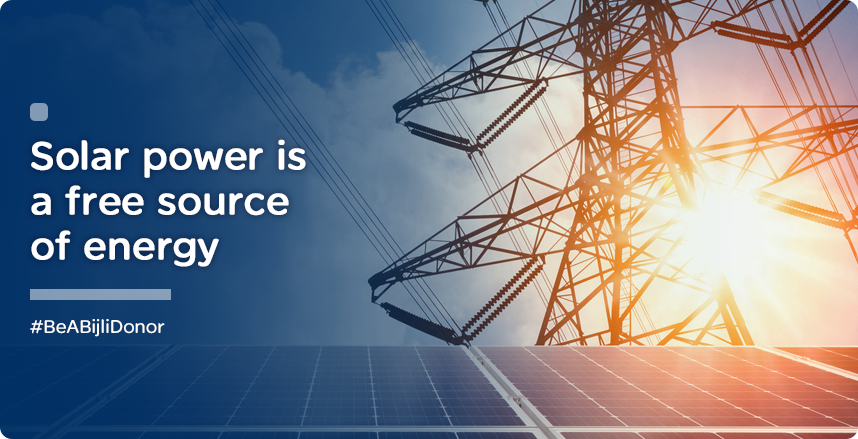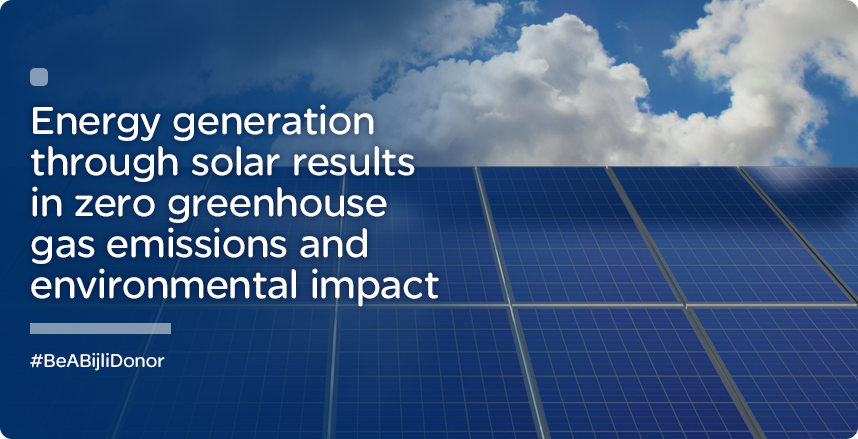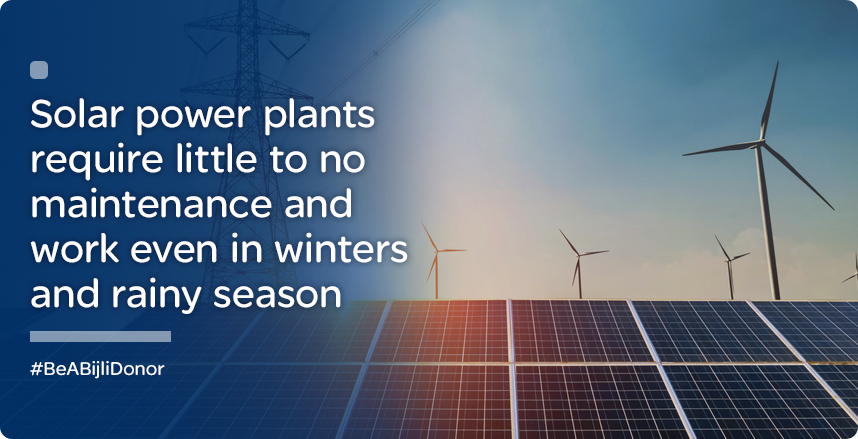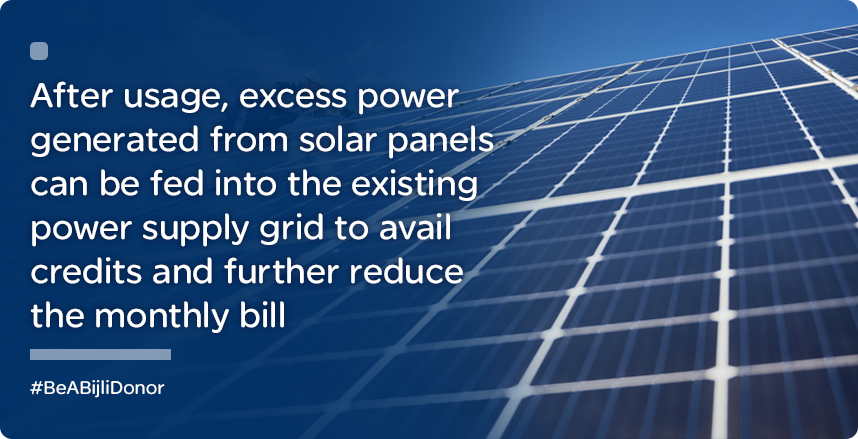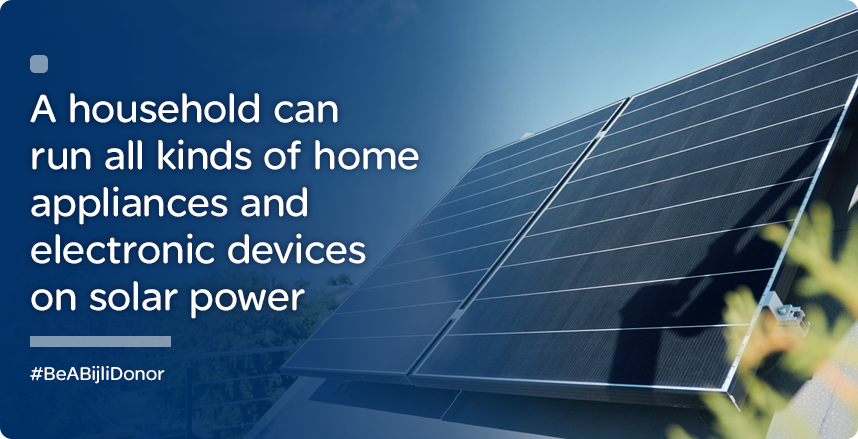
Videos
MoreAbout The Campaign
NDTV in partnership with Luminous has launched an awareness campaign ‘Be A Bijli Donor’ to promote the idea of ‘save power for more power’. The idea is to conserve energy today in order to get more power tomorrow.
We inherently know that saving energy results in low energy bills, but we also need to understand that a unit of energy saved today makes it available for people still living in the dark or facing regular power cuts.
Saving power or conserving energy is about knowing the sources of energy, and areas of wastage and thereby eliminating these through technology and lifestyle changes. For instance, a 100 W (Watt) incandescent (ICL) bulb can be replaced with a 9 W LED bulb offering similar performance in terms of light output, but at far lower consumption of energy.
While a 100 W ICL bulb, used for four hours a day, consumes 146 units of energy per year, a 9 W LED bulb requires only 13.5 units per year. Clearly, switching to LED is a smart choice as it provides the same output while consuming 90 per cent less energy.
The focus of the campaign is to instill the idea of ‘save power for more power’ and in order to do so, the initiative will create awareness about energy efficient products and services, smart ways to reduce power consumption, alternate sources of energy like solar energy and the need to conserve energy. The idea is to address the rising need for energy conservation in India.
As part of the campaign, we will highlight the stories of individuals and organisations who are championing the cause of energy conservation by switching to renewable sources of energy, adopting innovations to reduce energy consumption while enjoying the same output.
The initiative will provide a platform for all stakeholders to share their ideas and work towards the common goal of, ‘Save power for more power’.
Five Reasons To Switch To Solar Energy
Stories
More- Written by Aastha Ahuja , Edited by Sonia Bhaskar | Monday February 08, 2021
Meet 40-year-old Soumya Prasad, an ecologist, currently based in Dehradun. She has been harnessing the power of solar for the daily energy needs of her house and office and even charges her electric car through it
- Written by Aastha Ahuja , Edited by Sonia Bhaskar | Monday January 18, 2021
Until 2013, the George household would pay a bi-monthly power bill of about Rs. 10,000 whereas after switching to solar power, their monthly bill stands at Rs. 130
- Written by Aastha Ahuja , Edited by Sonia Bhaskar | Wednesday December 30, 2020
The grid connected rooftop solar projects of capacity 1.7 MWp spread across 57 locations in India produce 22 lakhs of units per annum which saves up to Rs. 1.5 crore





















